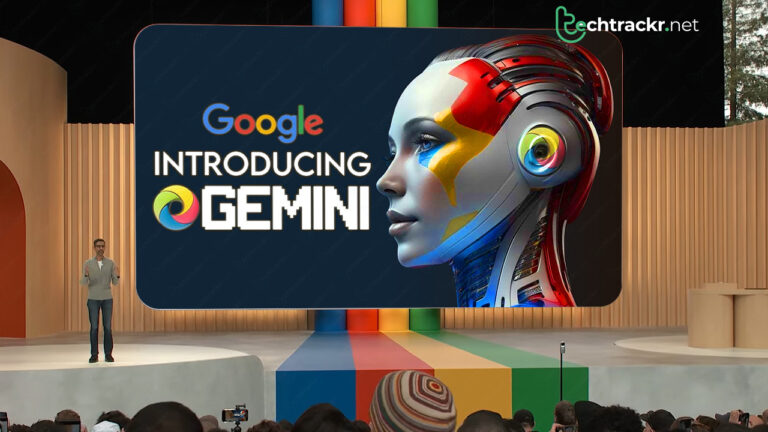
The Artificial Intelligence race has so far been dominated by OpenAI’s large language models, mostly due to Microsoft’s vast data center to back them up. But it seems that ChatGPT’s dominance may not last forever, as Google is developing its own next-generation artificial intelligence models under the Gemini project.
According to a report by The Information, the tech giant is likely to launch its services as early as this fall. It appears that Gemini will power Google’s existing AI chatbot Bard and apps such as Docs and Slides.
ChatGPT’s dominance is under threat for the simple reason that Google has an unmatchable amount of resources and data at its disposal to train these AI models.
For example, Google can simply tap into YouTube videos, Google Books, its humongous search index, and scholarly material from Google Scholar.
A great deal of this data is exclusively available to Google, giving it an unsurpassable edge over its competitors.
Unlike GPT-4, Google’s Gemini is also believed to be the first multi-modal model that can handle video as well as text and images.
Along with the launch of Gemini, Google is expected to introduce a new chatbot powered by Gemini or possibly upgrade the existing Bard chatbot.
Google first teased Gemini at its developer conference last month while showcasing several AI projects.
As per the reports, Gemini uses new training techniques from Alphago. Alphago is an AI system that is credited to beat a professional human player in the complex board game Go. These techniques could help Gemini identify and solve complex problems.
It seems Google has been amassing troops to counter the increasing AI competition. It merged its deep learning artificial intelligence research unit, Google Brain, with subsidiary company DeepMind to create DeepMind.
This move was meant to boost efficiency by combining Google’s computational resources and DeepMind’s research skills.
Both these entities had already prepared their responses to ChatGPT in the form of Project Goodall by DeepMind and Bard based on Google Brain models.
The collaboration between Google Brain and DeepMind could mean an uncertain but definitely difficult future for its rivals, including OpenAI.
According to Indian Express, Gemini has already surpassed previous models by making significant progress in its multimodal abilities.
In simple words, it can process and understand different forms of data, as well as be highly efficient in terms of tools and API integrations.
If all comes to fruition, it would mean that Gemini will excel at understanding and generating conversational text, as well as at dealing with various inputs like text, images, and videos.
